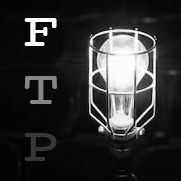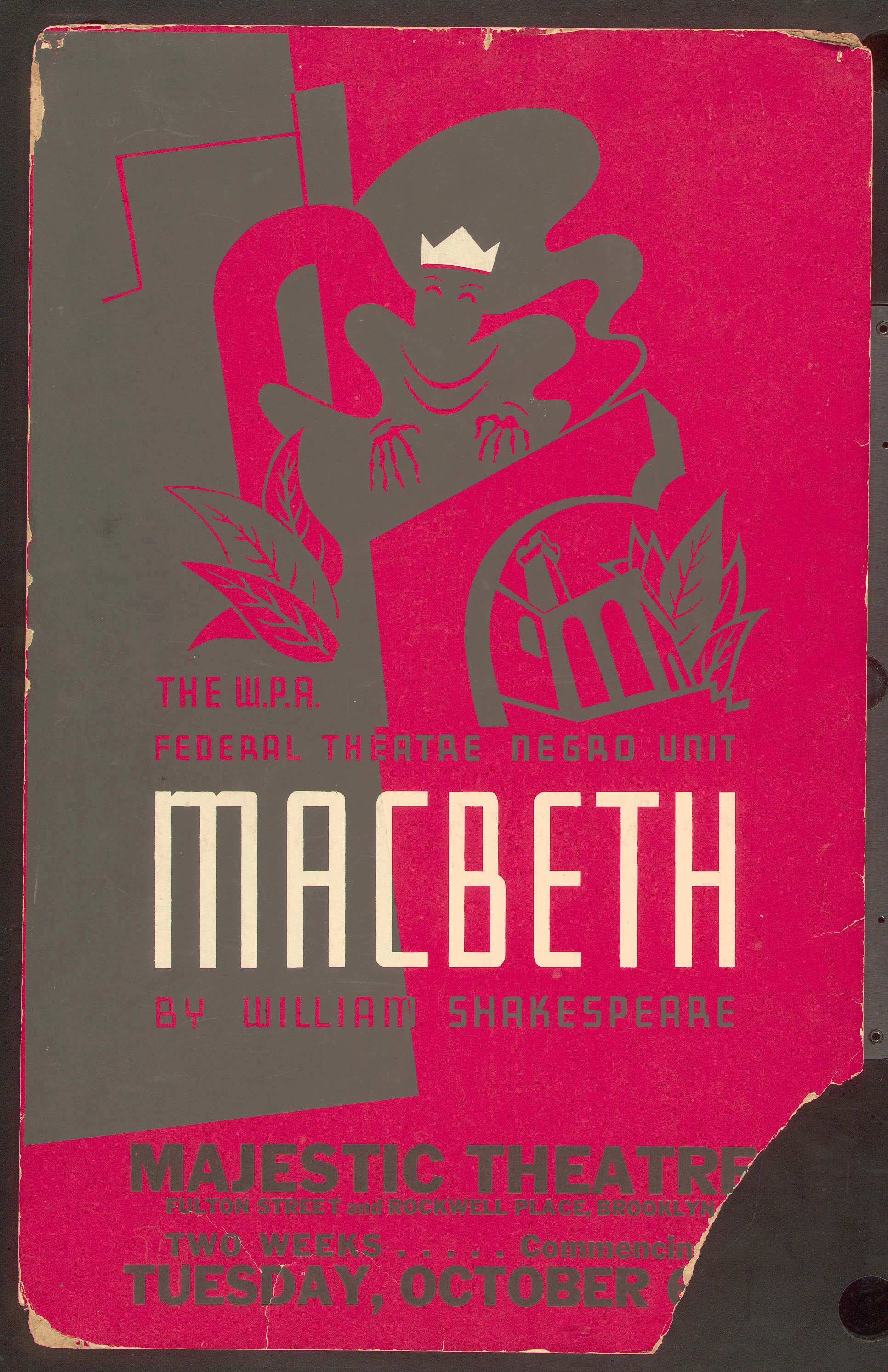This Week in Federal Theatre History (5/10-5/17):

1936: The Living Newspapers’ Highlights of 1935 premiers in New York
1937: Marc Connelly’s comedy The Wisdom Tooth premieres in Los Angeles
1938: Eugene O’ Neil’s Days Without End returns for second weekend in Denver & Fredrick Jackson’s The Bishop Misbehaves premiers in San Diego
What was the Federal Theatre Project?
The Federal Theatre Project was established in 1935 by the United States Government as a part of the Works Progress Administration (WPA). The project was intended to help provide work for unemployed theatrical artists during the Great Depression. As a whole, the Federal Theatre Project employed over 10,000 theatrical professionals across 40 states. The program’s director, Hallie Flanagan, oversaw over 1,000 productions across the project’s four year lifespan. These projects included classical and contemporary dramas, musicals, children’s shows, puppetry. A style of theatre that became well known following the project’s inception was known as The Living Newspaper. These dramatic documentary-style productions followed real life social, political, and economic issues. These productions advocated for possible solutions to local/national problems, and helped establish the project’s overall popularity. The Federal Theatre Project was known for establishing a firm grounding in the theatrical world, and put forth productions that would shape the way Americans looked at theatre. It produced provocative works by young/unknown American playwrights, helped in establishing African-American theatre, and served as a jumping-off point for people like Orson Welles, and Arthur Miller.
Why did it end?
Despite the wishes of many advisory executives, the project was deeply rooted in its own styles of political theatre. The project’s Living Newspaper Unit produced shows like One-Third of a Nation and It Can’t Happen Here, which provided legitimate political commentary to the public. The shows were often angled towards the side of the public, despite claiming to be unbiased. Bigger/private corporations were often painted as villainous, and unkind. For a while, the unit was able to produce political theatre without causing too much of a fuss. However, it wasn’t until the 1939 production of the children’s show Revolt of the Beavers that things truly got out of hand. This production lead to several harsh allegations of leftist commentary, and many believed that the children’s show was encouraging people to revolt against positions of higher power. Audiences were outraged, and claimed that the show actively advocated for communist ideals. Following Revolt of the Beavers, several investigations sprouted regarding accusations of Marxist commentary on economic and social issues. These investigations were lead and executed by the Human Un-American Activities Committee (HUAC). Following these investigations, the program was terminated through congressional action.
“Free, adult, uncensored!”
Harry Hopkins






